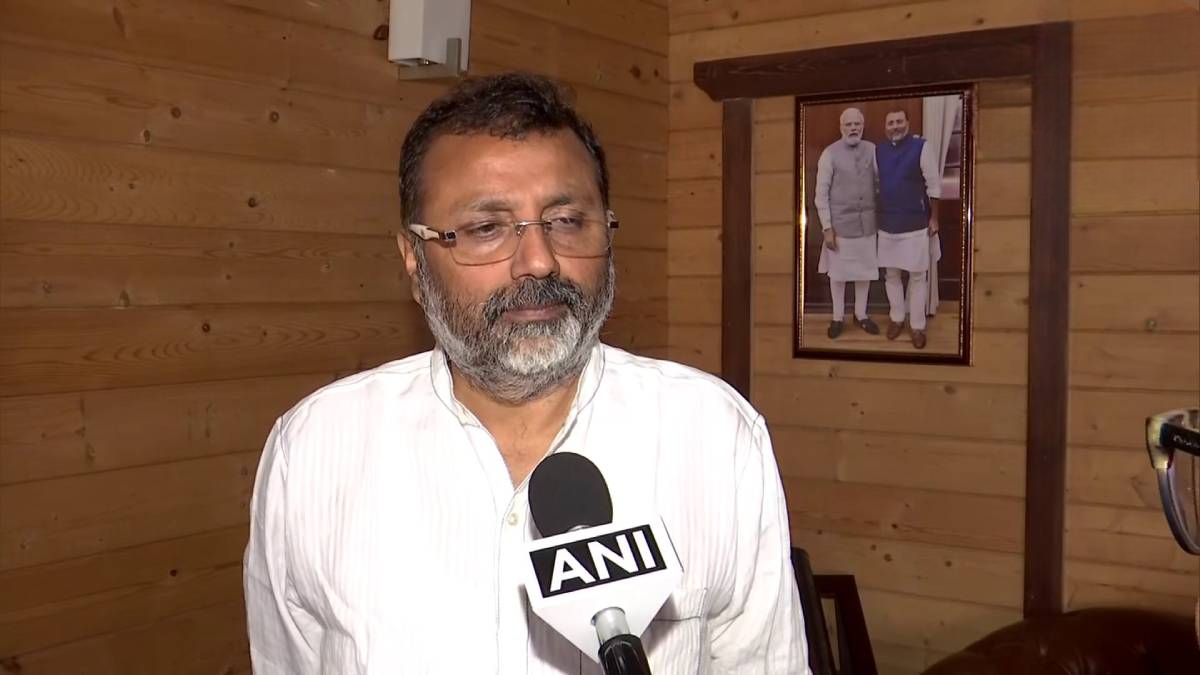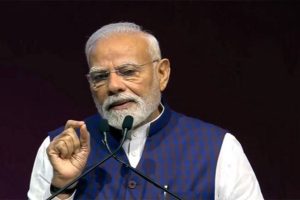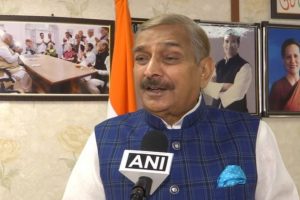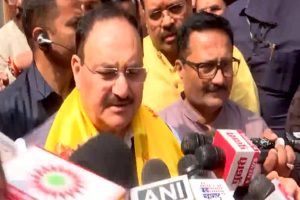Bharatiya Janata Party MP Nishikant Dubey on Saturday launched a strong attack on the Congress, accusing former Prime Minister Indira Gandhi of “murdering” the Constitution drafted by Dr. B.R. Ambedkar through the 42nd Constitutional Amendment enacted during the Emergency in 1976.
In a post on social media platform X, Dubey criticised the inclusion of the words “socialist” and “secular” in the Preamble of the Constitution, stating they were added without proper democratic consensus and in violation of the founding spirit envisioned by Dr. Ambedkar.
“The word ‘secular’ already exists in the Constitution’s main text. The 42nd Amendment imposed during the Emergency altered the spirit of the Constitution created for the Scheduled Castes and Tribes. Congress has blood on its hands for this distortion,” Dubey wrote.
Sharing an excerpt from the 1949 Constituent Assembly debates, Dubey claimed that Dr. Ambedkar had “strongly opposed” the inclusion of the terms socialist and secular in the Preamble. He further stated that a proposal to include these terms, made by assembly member K.T. Shah, was decisively rejected during the drafting process.
“Indira Gandhi murdered the Constitution made by Baba Saheb Ambedkar by implementing the 42nd Amendment. Our ideology resisted this Emergency-era overreach. Rahul Gandhi, read the 1949 Constituent Assembly debates. Ambedkar clearly opposed those changes,” he added.
Dubey also listed several national leaders—including Jawaharlal Nehru, Rajendra Prasad, Jayaprakash Narayan, S. Radhakrishnan, Govind Ballabh Pant, and leaders from tribal, Sikh, Christian, and Muslim communities—as having supported Ambedkar’s stance against the inclusion of the contested terms.
The 42nd Amendment Act of 1976, often referred to as the Mini-Constitution, introduced sweeping changes that affected the balance of power between the Centre and the States, altered the relationship between the judiciary and the executive, and curbed civil liberties. It expanded Parliament’s power, reduced the autonomy of the judiciary, gave primacy to Directive Principles over Fundamental Rights, and extended the Lok Sabha and State Assembly terms from five to six years.
It also added Part IVA to the Constitution, introducing ten Fundamental Duties for citizens, and transferred five key subjects—including education and forests—from the State List to the Concurrent List.
The amendment was widely condemned for undermining democratic norms and was later partially reversed by the 43rd and 44th Amendments passed after the Emergency period ended.
Dubey’s remarks come amid renewed debates around constitutional interpretation, federalism, and the ideological legacy of the Emergency era.





